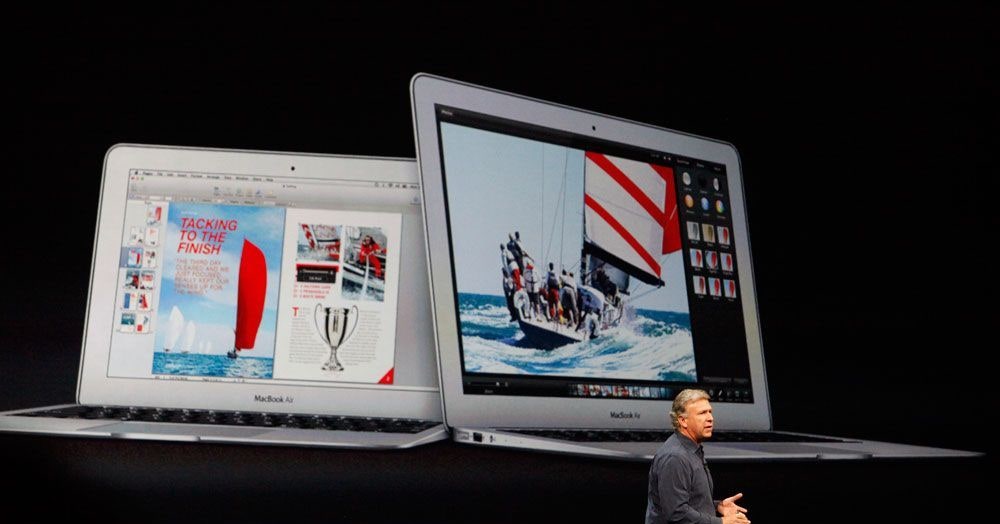
Amid the heated chatter surrounding Apple’s big releases at WWDC, something smaller — but nonetheless significant — managed to sneak through.
With everyone gushing over iOS 7 and the new Macs, it was easy to miss the relatively low key announcement that Apple has added support for 802.11ac Wi-Fi to two key hardware products: the MacBook Air and the Airport Extreme.
802.11ac is the next generation of WiFi — the fifth, to be specific — and it’s not even officially a standard yet. But 802.11ac is poised to benefit our wireless experience with even faster throughput and more stable connections. At this point, it is worth investing in, because who doesn’t wish their home Wi-Fi was faster and more stable? Luddites and losers, that’s who.
802.11ac is “a faster and more scalable version of 802.11n,” according to a Cisco whitepaper on the subject. It’s designed to offer wireless speeds of up to 1.3 Gigabits per second. That’s more than double the bandwidth of the current standard, 802.11n. On the scalability front, it allows for up to eight multiple input, multiple output (MIMO) streams and multi-user MIMO. 802.11n, the standard we’ve been using for a few years now, stopped at four streams.
It also utilizes a technique called beamforming, which directs a concentrated wireless signal to a specific area — in this case, the 802.11ac wireless device you’re using. In order for beamforming to work, you need a router or base station that supports it, and a device capable of talking to the router.
What all of this adds up to is a faster, more stable, more capable home wireless network. It should make file downloads faster, peer-to-peer sharing near-instantaneous, and video and music streaming much smoother.
Though it’s not a fully ratified standard yet, 802.11ac is appearing in numerous consumer and enterprise wireless products. Both Apple’s new Airport Extreme base station and the 2013 MacBook Airs feature 802.11ac support. So if you’re in the market for one of those new MacBook Airs we saw at WWDC last week, consider spending the extra $200 to upgrade your Airport Express as well. The speed boost will be worth it.
If you’re not a fan of Apple’s routers, quite a few 802.11ac boxes were announced at CES this year. CNET also has a running list of the best 802.11ac routers on the market.

